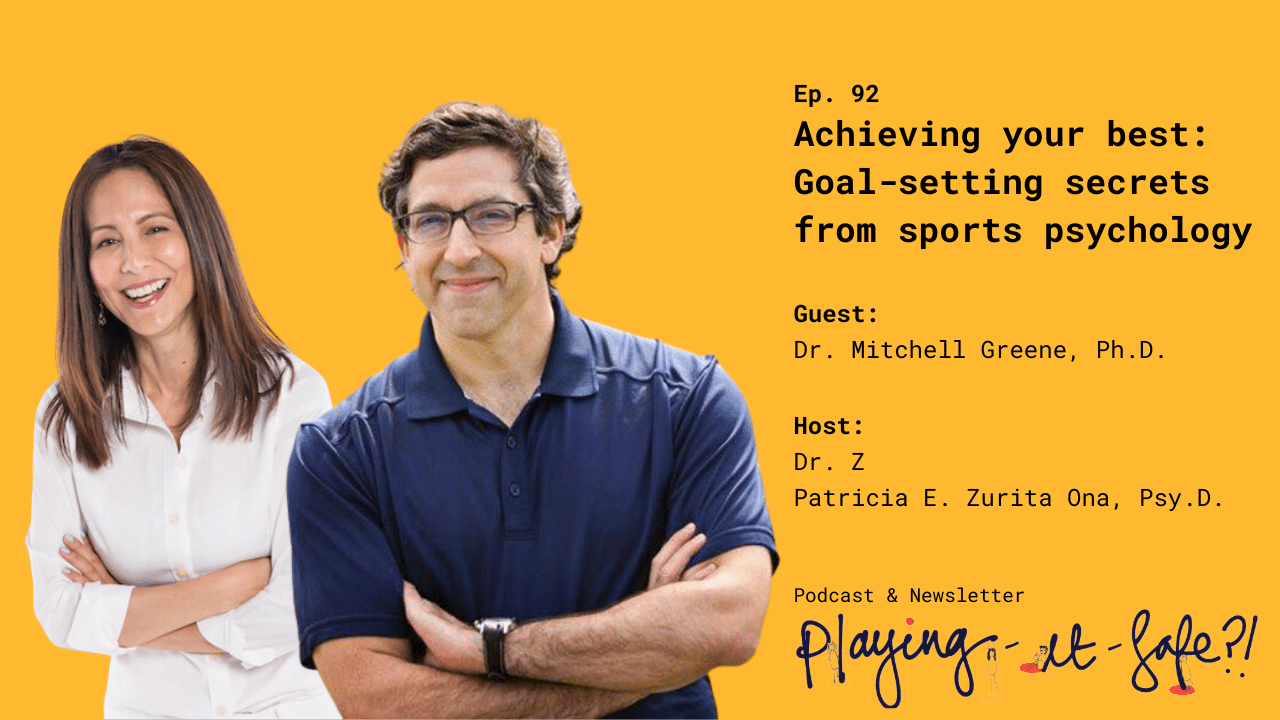
Why do we overthink?
“Y ou can spend minutes, hours, days, weeks, or even months over-analyzing a situation; trying to put the pieces together, justifying what could’ve or would’ve happened… Or you can just leave the pieces on the floor and move the fuck on.”
– Tupac Shakur
Busy Minds
Whether you’re awake or asleep, your minds is constantly thinking in soooooooo maaaaaaaaanyyyyyyy waaaaays. Your mind is constantly problem-solving, planning, reasoning, justifying, dreaming, and on and on. Your mind is hardwired to come up with long streams of thoughts – including pictures, images, memories – that range from fascinating and innovative to irrelevant and dark matters. Your mind tends to think deeply about the stuff you care about. All this to say that, we all have very busy minds that are constantly thinking and thinking.
Here is how thinking may look at times:
- Natasha: I can’t stop thinking about what happened before
- Peter: I got completely lost in my thoughts
- Sylvia: I’m calculating the possibilities of this particular outcome, so I know what I’m getting into
- Sam: It’s in my nature to visualize all the things that could go wrong
- Maggie: What if I’m a failure?
- Alak: I get soooo carried away by my thoughts
- Richard: I need to get this order in the right way, otherwise …
- Russ: I keep replaying in my mind over and over how I made a fool of myself
- Tito: I need to know for sure, so I can make a good decision
There is nothing wrong with thinking, of course, we all do it and my goodness, we do so. But, when it comes to thinking, no skill is more valuable than learning to check how our thinking is working.
Here is the deal: When faced with stressful, unknown, and anxiety-provoking situations our brains tend to rely on many mental shortcuts, overthinking is one of them.
As a full-time psychologist and full-time human being, I have witnessed and experienced firsthand how overthinking can trick us, so easily, so quickly, and so brutally. It’s like without realizing – most of the time – left to our minds, we can spend hours and hours in our head while the clock keeps making the tick-tock sound, the screen looks blank, and we haven’t done anything.
How can you move on with your day when your mind is racing? How can you watch a movie when you feel anxious and your mind is going on and on? How can you be present with your friend when your mind is coming up with over seven thousand thoughts a day?
I’m not a thinking renegade, but I’m all about a thinking revolution so you can learn how to relate to thinking in a skillful, effective, and compassionate way.
What is overthinking?
Overthinking is like listening to the new song of Cold Play, “You’re my Universe ” in the background, persistently, and repetitively more than what you want and need.
Overthinking is when your mind spins on a thought, picture, or idea for a much loooooonger time than is needed.
Overthinking is a way in which our minds are trying to optimize our thoughts, but left unchecked, our thinking can get in our way of what we need to be doing, what we want to be doing, and doing what matters to us.
In a few words,
“Overthinking is when thinking gets in your way of living your life.”
Why is it hard to stop overthinking?
Our ability to reflect, ponder and think critically and carefully about things – including ourselves – is one of our greatest tools. But like any tool, it can be used effectively or ineffectively; it can be used in our favor or against us. And when it comes to overthinking, unfortunately, because we all have been trained to rely on thinking for everything, to think critically, and to respond to thinking with more thinking, which makes it trickier.
To stop in the rabbit hole of over-thinking, you need to learn to step back and distinguish when thinking and overthinking is getting in your way of doing what you care about and being who you want to be; and when it’s taking you closer and closer to living your goals, dreams, and values.
Why do you overthink?
Here is an interesting reality about overthinking that may be hard to digest: overthinking is a form of avoidance.
Let’s say that you’re considering taking a trip during the weekdays. As fall transitions into autumn, the days grow shorter and darkness extends, you pause; take a sip a glass of water, imagine walking in the colorful streets of Todos Santos, Mexico, feeling the warmth of the sun on your face, hearing words in Spanish that you’re unfamiliar with, and yet, that’s what you want. Then, abruptly, your mind comes up with what-if thoughts: “What if my partner, friends, and family think that I don’t work hard enough, that I’m not committed to my job, that I have poor work ethics, that I’m not being financially responsible, that I don’t care about my co-worker’s needs, that I’m self-focused … what – if .. what – if …
As the what-if thoughts become present in your mind, one after another .. your shoulders tense, you try to shift your neck from one side to another, and yet, your mind keeps doing its own thing. You’re faced with the decision of whether to continue engaging in the possibility of traveling to Todos Santos or continue working so nobody holds a negative impression of you.
What could happen if you get a ticket to Todos Santos, book a hotel, jump on a plane, and let yourself enjoy that mini-vacation? If you do so, that means making room for the fun, exciting, and joyful moments of this adventure and also the fears, worries, and concerns about being misperceived as someone you don’t want to be.
Do you see how overthinking could be protecting you from feeling uncomfortable experiences?
- The answer to overthinking problems is action.
- The way to get out of your head is by doing.
- The road to stopping dwelling is to approach.
Here is the one thing you can do right away to tackle those hours of overthinking
Think about a particular matter your mind is overly focused on and then ask yourself these questions:
- How would you feel if you don’t overthink that particular topic?
- Who are you without all that thinking and thinking?
- How do you feel about yourself without spending hours in your head?
- What is your mind trying to protect you from with that particular soundtrack playing over and over?
P.S. I’m working on a guide on “how to stop shitty thinking cycles” and would love your help. Could share with me – anonymous if you prefer – what type of thoughts do you overthink about. Click here to share those shitty thoughts that keep you stuck.
I hope to hear about all those overwhelming thoughts your mind comes up with insistently. I know, my mind is not the only one that wrestles for hours with thinking and thinking.



















